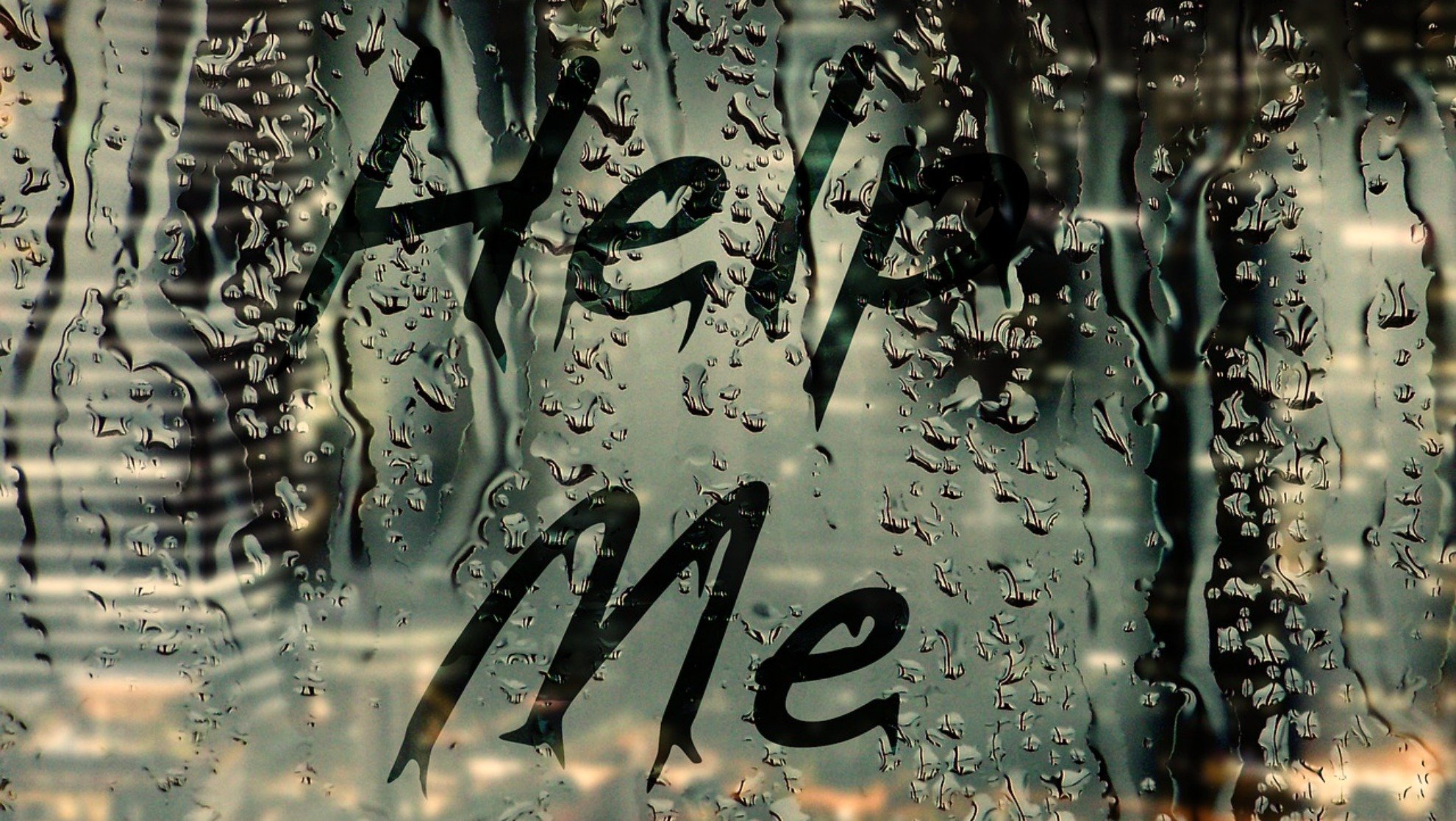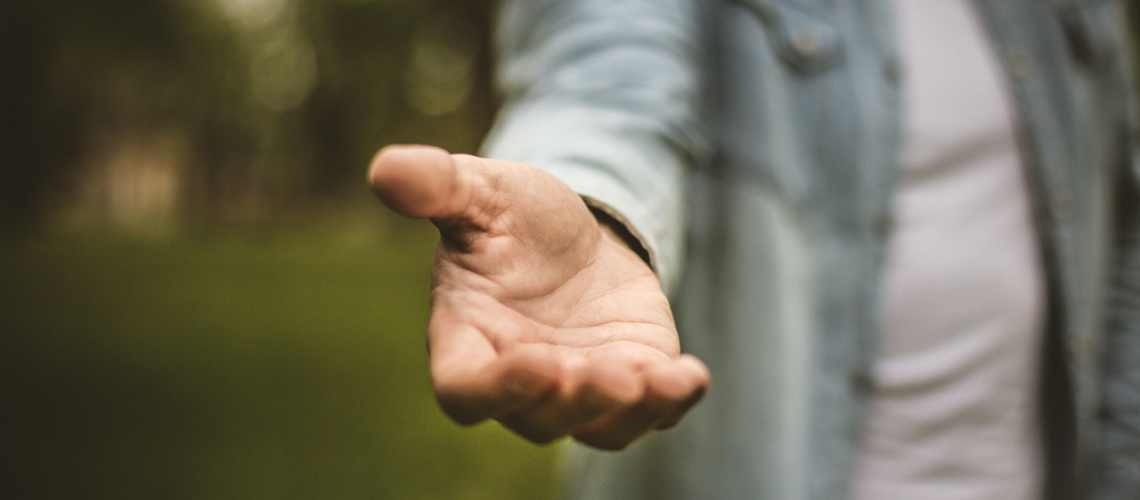I was recently asked, by a member of our group, to explain my thoughts re: the differences between offering 100% emotional support and “enabling,” as it relates to our mission. Since it’s such an incredible and important question, and because there’s no quick and dirty answer, I’ve decided to respond here.
It’s important to note, right off the rip, that I do not believe in the concept of “enabling” as it relates to providing emotional support. I believe this concept stems from an assumption that people are genuinely unaware of the risks associated with what some may deem “risky behavior.” I believe this assumption is the direct result of over-simplifying the idea of “powerlessness” and confusing it with uselessness.
I have learned along my personal recovery process, that I was never truly powerless. I just wasn’t ready to trust fully and take on the extremely overwhelming emotions I felt every day. I learned I had to honor my feelings before I could process them, and fully acknowledge them before they could be honored. It has been quite a journey.
Every mistake I have made along the way has provided a lesson. These lessons are evidence to reference whenever I find myself questioning my commitment to recovery from many things.
I have hit incredible bottoms while seeking relief, and they have allowed me the unique opportunity to fully support people in their own struggles. Acknowledging the pain behind many of my less-than-stellar life choices has allowed me perspective.
I am forever grateful to the few people in my life that provided me with the emotional support I needed to get through some of the toughest years of my life.
People who never asked me to apologize for not being ready to live the ways they knew I could.
My recovery and life were changed by these people, and not because they stood wagging their fingers at me, telling me what to do, or holding me up to their expectations of how I ought to behave. I already had enough shame and guilt for all of us.

Those relationships taught me what unconditional love looks like. They didn’t love me because I did what they wanted me to. They loved me because I was lovable. We all are. I was offered dignity and respect even while I found new and interesting opportunities to fall flat on my face. They didn’t shame me, but instead offered a hand, and helped me dust myself off.
There were times I was reminded of past stumbles. In time (and after lots of falling), I was able to determine the destructive patterns of my behavior that needed to change. This took time and patience.
I am thankful for those who were under no obligation to love me that much, but accepted the responsibility anyway.
They supported the weight of my pain, no matter how many times I acted out and made choices they didn’t like.
They respected my right to make horrible choices — even if when they suspected were absolutely certain I would fall again. They believed and trusted in what they were selling — that GOD was in control. They had faith that HE would take care of me, and their faith inspired mine.
Their emotional support did not enable the messes I created for myself. It enabled me the opportunity to remain lovable and make my way through them.
It helped me take control of my own life—to find the strength necessary to marinate in my shit long enough to fully understand why I didn’t want to live in it. To learn how to depend on me instead of them (or a substance, or a man, or other’s opinions). How to stop listening to the voice in my head and start listening to the voice in my heart, because that is where God lives.
Pain is uncomfortable; even when it’s not our own, but it is also an invaluable motivator for change and personal growth.
Now, please don’t hear me saying it’s impossible to enable someone who’s heading down a dangerous path. I’m not encouraging funding someone’s drug habit, stocking their liquor cabinet, or providing any other means or opportunity. That is not “support.”
There is a huge difference between supporting someone’s choice to drink (even if you don’t agree with it) and giving them a ride to the bar. Healthy emotional support requires clear personal boundaries.
Perhaps you’re screaming, “But, Julie! What if I show someone 100% emotional support while they do things I believe are wrong, and they die?”
First of all, allow me to let you off the hook right now. You do not have the power to kill someone or keep them alive. Thankfully, saving people is not our job. If you’re currently feeling that someone’s life depends on something you might say or do, my suggestion is to get yourself some help so you can better be of service to whomever you’re trying to save. (You will find helpful resources here.)
Addiction and codependency are lovers in ways it’s impossible to explain to people who haven’t experienced them.
They defy both logic and reasoning. Recovery for both requires a tremendous amount of work and the willingness to ask the “Why?” and then look inward for the answer.
Someone once told me if someone is ready to change, nothing I say will deter them. If they’re not ready, nothing I say will convince them. This removes the pressure, and reinforces it’s not up to me. It is not my responsibility to talk people into or out of anything. And the truth is, I can’t.
If I built you a staircase to Happiness, it might enable you an easier way, but let’s be honest. The staircase alone won’t have the power to motivate the actual steps you’ll need to take to get there. I don’t have that kind of power. If you decide not to make the climb—that you’re not ready, or willing, or you want to try some other way—I can still support you 100%. I can sit with you on the bottom step, until you’re ready to make the climb in your own time. Just because I’ve blazed one trail to Happiness, doesn’t mean it’s the only way. It’s not my right to dictate your path.
Blaming bars for enabling my alcoholism won’t serve me, because it was me who took the first drink. I knew the risks, they were worth it to me, and I took them. When the pain became great enough, it was also me who checked into rehab at age 22. The consequences were no longer worth the relief I was getting from alcohol. I was willing to make the climb.
I do not believe in enabling, as it relates to emotional support, because it suggests I might be the power behind someone else’s powerlessness.
It assumes people are not smart enough and/or don’t have the right to make choices I may disagree with. It believes that my words or actions can save someone or determine their readiness for change.
I do not have all of the answers, and cannot predict the future. I don’t know how anyone else’s life or decisions will turn out, but here’s the thing: no one does. It is not my job to judge, change, or control other people’s lives, situations, or choices.
My job, if I choose to accept it, is to trust God and love them through.


1 Comment
This. Soooo much this!